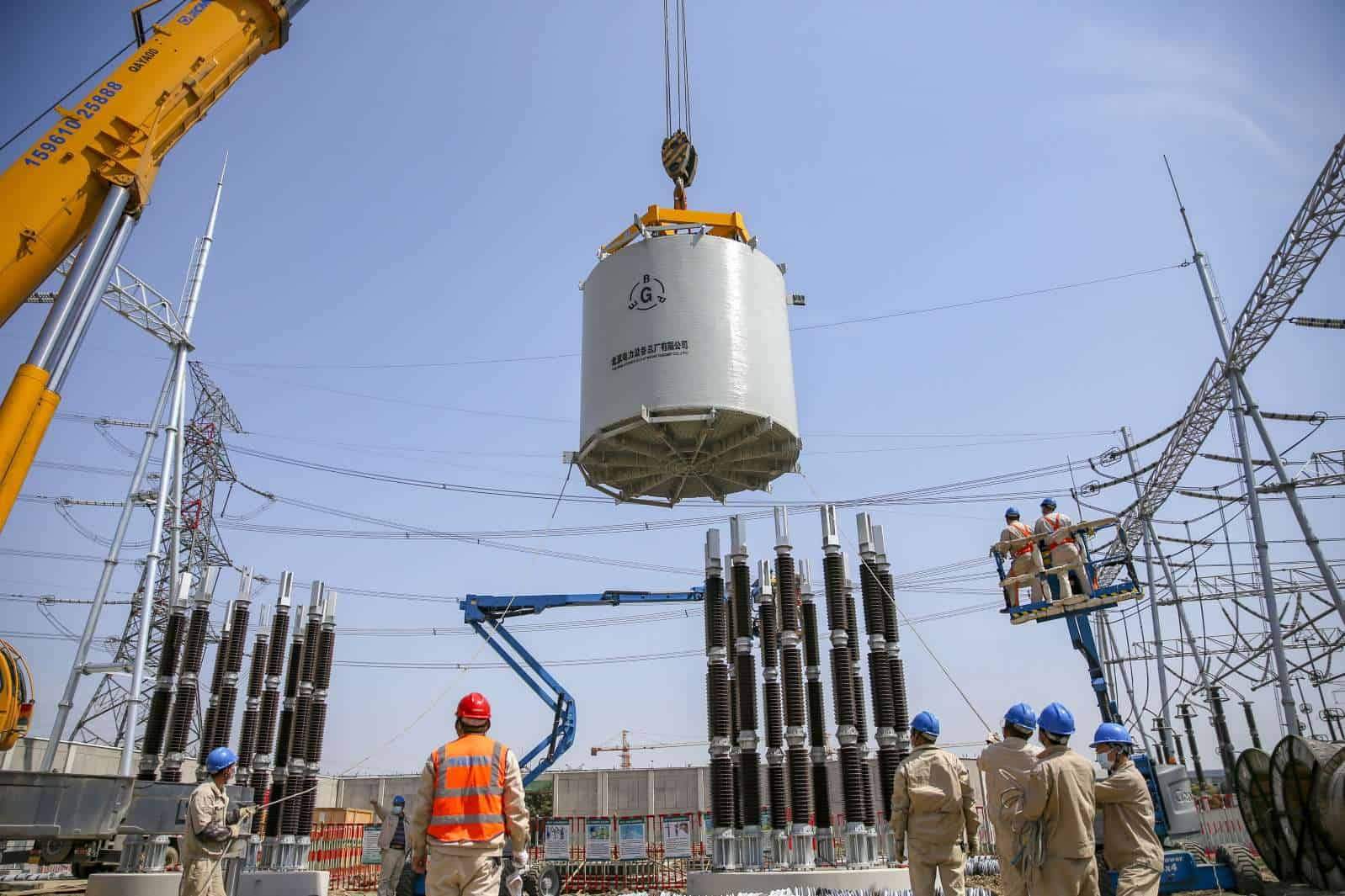China may have conducted low-level nuclear test blasts, U.S. says

China may have secretly set off low-level underground nuclear test explosions despite claiming to observe an international pact banning such blasts, the U.S. State Department said in a report on Wednesday that could fuel U.S.-Chinese tensions.
The finding, first reported by the Wall Street Journal, may worsen ties already strained by U.S. charges that the global COVID-19 pandemic resulted from Beijing's mishandling of a 2019 outbreak of the coronavirus in the city of Wuhan.
U.S. concerns about Beijing's possible breaches of a "zero yield" standard for test blasts have been prompted by activities at China's Lop Nur nuclear test site throughout 2019, the State Department report said.
Zero yield refers to a nuclear test in which there is no explosive chain reaction of the type ignited by the detonation of a nuclear warhead.
"China's possible preparation to operate its Lop Nur test site year-round, its use of explosive containment chambers, extensive excavation activities at Lop Nur and a lack of transparency on its nuclear testing activities ... raise concerns regarding its adherence to the zero yield standard," the report said, without providing evidence of a low-yield test.
Beijing's lack of transparency included blocking data transmissions from sensors linked to a monitoring center operated by the international agency that verifies compliance with a treaty banning nuclear test explosions.
The 1996 Comprehensive Test Ban Treaty (CTBT) allows activities designed to ensure the safety of nuclear weapons.
A spokeswoman for the Comprehensive Test Ban Treaty Organization, which verifies compliance with the pact, told the Wall Street Journal there had been no interruptions in data transmissions from China's five sensor stations since the end of August 2019 following an interruption that began in 2018.
The Chinese embassy in Washington did not immediately respond to a request for comment.
A senior U.S. official said the concerns about China's testing activities buttressed President Donald Trump's case for getting China to join the United States and Russia in talks on an arms control accord to replace the 2010 New START treaty between Washington and Moscow that expires in February.
New START restricted the United States and Russia to deploying no more than 1,550 nuclear warheads, the lowest level in decades, and limited the land- and submarine-based missiles and bombers that deliver them.
"The pace and manner by which the Chinese government is modernizing its stockpile is worrying, destabilizing, and illustrates why China should be brought into the global arms control framework," said the senior U.S. official on condition of anonymity.
China, estimated to have about 300 nuclear weapons, has repeatedly rejected Trump's proposal, arguing its nuclear force is defensive and poses no threat.
Russia, France and Britain - three of the world's five internationally recognized nuclear powers - signed and ratified the Comprehensive Test Ban Treaty, which still requires ratification by 44 countries to become international law.
China and the United States are among eight signatories that have not ratified it. But China has declared its adherence to its terms, while the United States has observed a unilateral testing moratorium since 1992.
Photo: © Getty WUXI, CHINA - MARCH 19, 2020 - Constructors of Jiangsu power transmission and transformation Co., Ltd. install series reactors, Wuxi City, Jiangsu Province, China, March 19, 2020.- PHOTOGRAPH BY Costfoto / Barcroft Studios / Future Publishing (Photo credit should read Costfoto/Barcroft Media via Getty Images)











